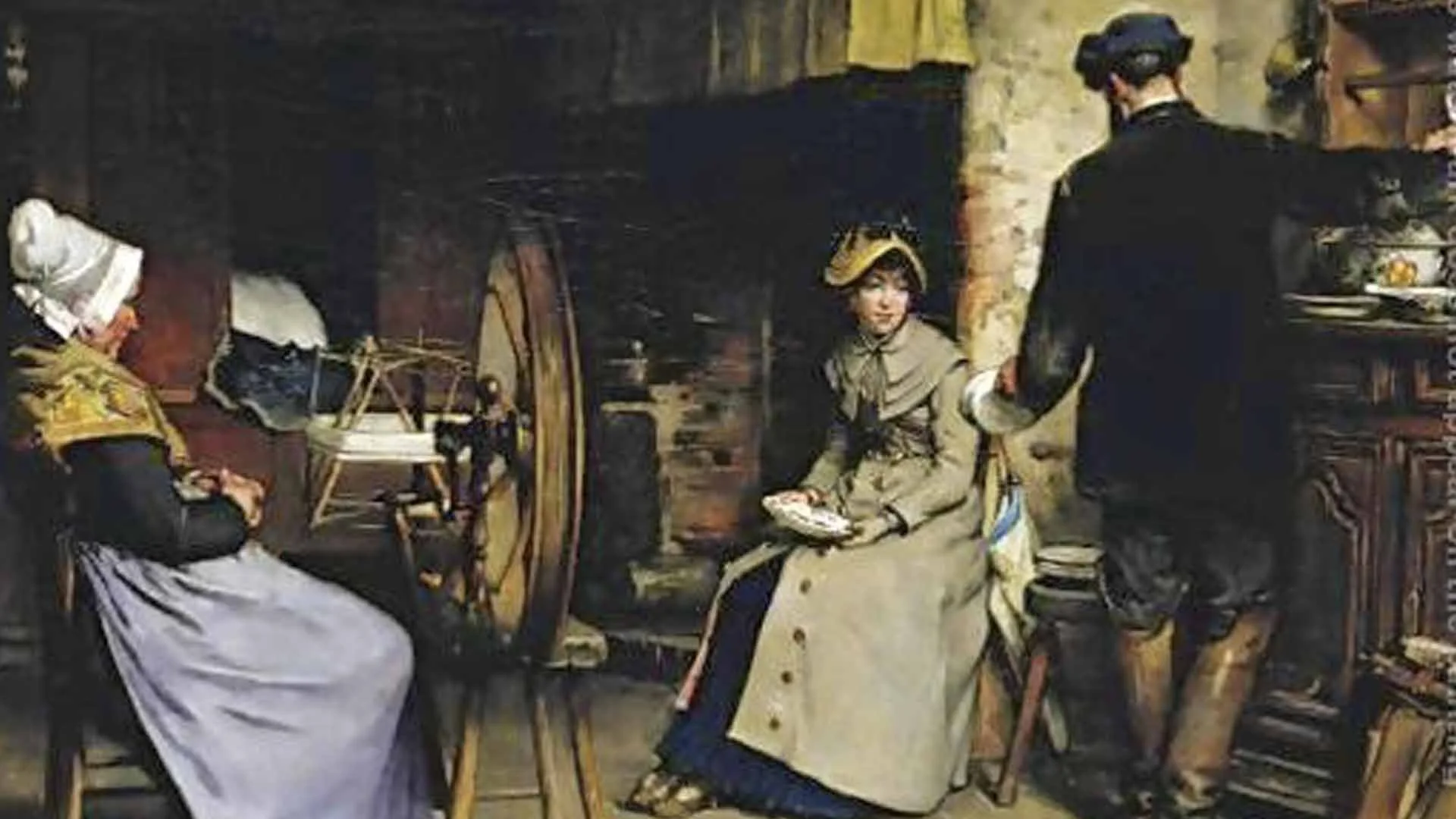For the source text click/tap here: Yevamot 38
To download, click/tap here: PDF
It was traditional for the wife to also bring financial assets into the marriage, which were divided into two –
Nikhsei melug, which are possessions that remain the property of the woman. While the couple is married, the husband can derive benefit from this property. When the marriage ends, they remain hers, in whatever condition they may be.
Nikhsei tzon barzel, which are possessions that become the property of the husband. Their value is written into the ketubah, and in the event that their marriage comes to an end – if the husband dies or if they become divorced – the wife will be reimbursed for the full amount, either from the estate if he died or from him if they divorced.
When it is uncertain whether or not a grown man is the child of a deceased father or the child of a yavam (because the man's mother may have become pregnant before or after participating in yibum), we run into many problems.
Today we focus in on inheritance.
The rabbis discuss a number of different cases. Each case allows us to understand the intricacies of decision-making in uncertain circumstances.
Halachot of inheritance teach that inheritance is given to heirs. Without heirs, it is split within the family along generational lines. For example, a father's inheritance is split between his sons.
Would the heir in question (the son of the deceased father or possibly the son of the yavam) be given a larger portion of his deceased father's inheritance, for he is that man's son, or should he receive a smaller portion of inheritance only after the yavam and his other brothers have split the wealth?
We explore the nature of women’s inheritance rights from biblical times until modern.




















